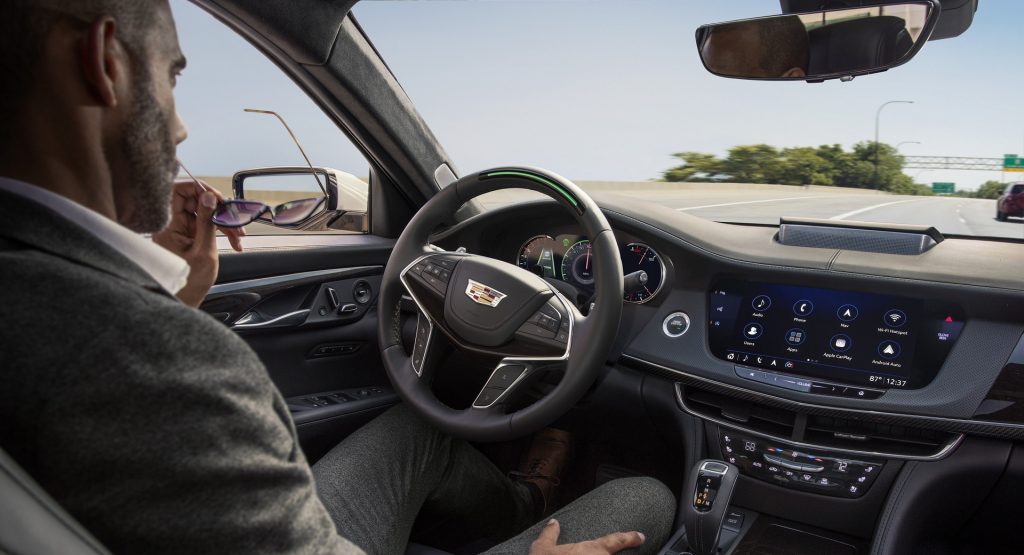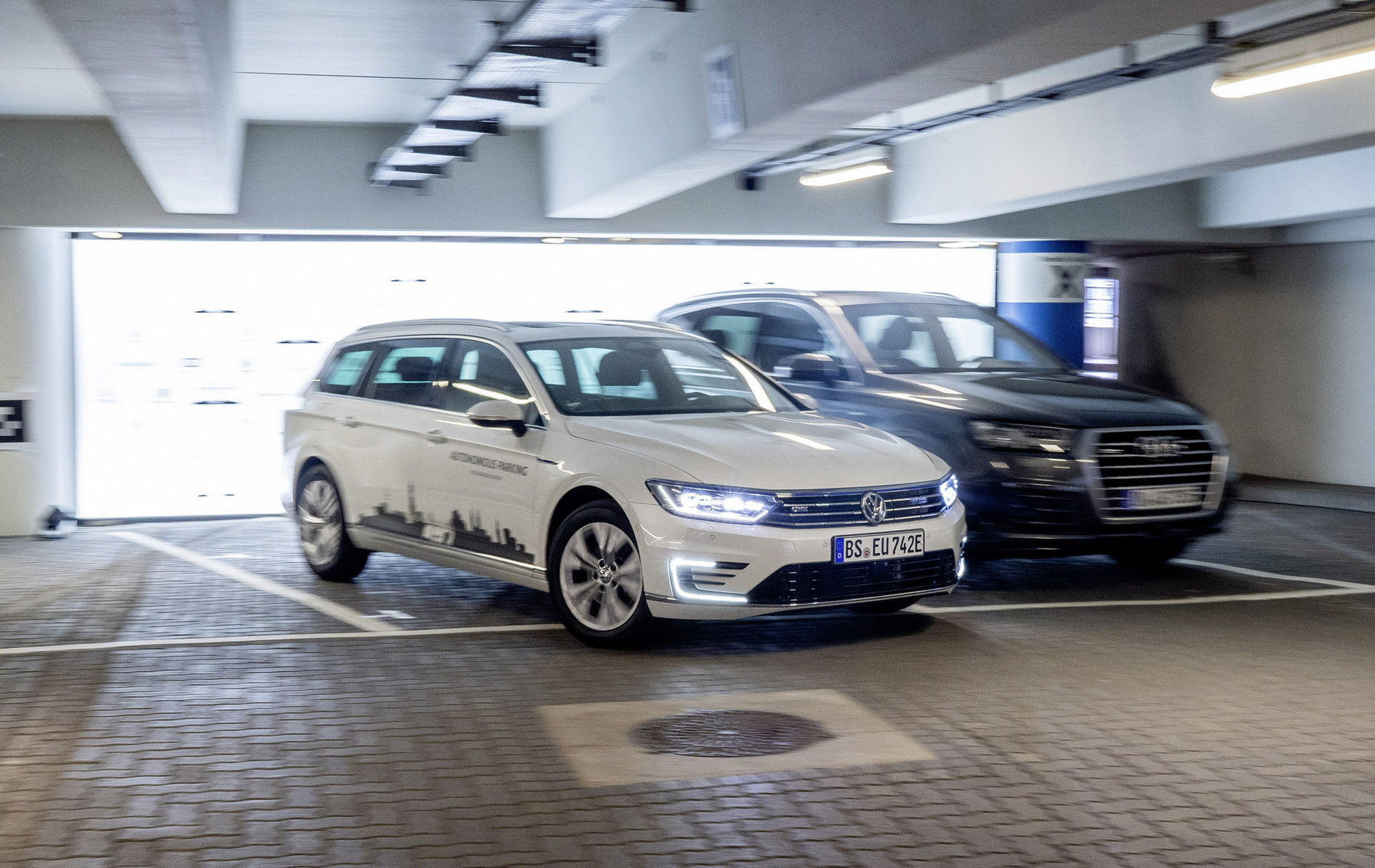Democratic senator Gary Peters and Republican senator John Thune are working to create legislation that would allow automakers to put a large number of autonomous vehicles on the road.
The pair are looking to attach the legislation to a bill providing $100 million in funding for science and technology. According to Reuters, the amendment seeks to give the National Highway Traffic Safety Administration the authority to exempt 15,000 vehicles per manufacturer from safety standards written with human drivers in mind. That number would rise to 80,000 in three years and the exemption could be extended further after four years.
The amendment would also allow companies to disable human driving controls when self-driving technology is active. Both the bill and the amendment seek to maintain U.S. competitiveness with China.
“The United States risks losing its technological leadership in the autonomous vehicle industry, which is a global market opportunity worth an estimated $8 trillion, unless it enacts policies to protect its leadership against the People’s Republic of China and other competitors,” the bill says.
Also Read: Mobileye And Udelv To Launch 35,000 Autonomous Delivery Vehicles By 2028
The bill, though, follows a recent fatal accident involving an advanced driver aid system. It also hasn’t been very long since Uber’s fatal autonomous testing incident – and these two aren’t the only ones involving some kind of autonomous tech.
Indeed, the American Association for Justice, which represents trial lawyers, argues that there aren’t enough consumer safeguards included in this proposal. Any bill “must include language preserving Americans’ rights as they currently stand,” wrote the association in another letter seen by Reuters. “Having the right to file a case in a public court of law incentivizes companies to act in the interest of public safety, and nowhere is this more important than within an emerging market in which the technology is new and largely untested.”
Still, the senators believe that the exemptions will be necessary in order for progress on autonomous vehicles to be made.
“Providing the automotive industry with the tools they need to safely test and deploy automated vehicles across the nation will create thousands of jobs and generate billions of dollars in investment, not to mention the numerous safety benefits that AVs have the potential to provide,” said Thune.










